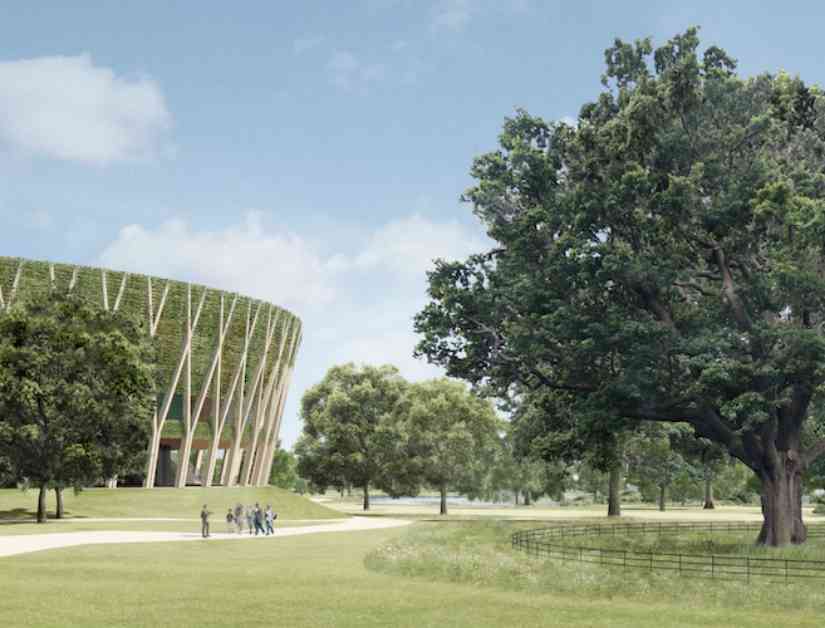Dave Hill: Reactions to Wimbledon Plans and Gove’s Departure
Not everyone is overjoyed about City Hall allowing the All England Lawn Tennis Club (AELTA) to go ahead with enlarging its Wimbledon operation. But let us all rejoice that the scheme is not to be misused as a political football by a higher government power.
Angela Rayner, Secretary of State for Housing, Communities, and Local Government, could theoretically intervene in the decision to enlarge Wimbledon, going over the head of Jules Pipe, Sadiq Khan’s deputy for planning. However, Rayner has chosen to allow London’s strategic layer of government to make the planning decisions for the city, as it is intended to do.
This decision highlights a significant difference in approach between Rayner and her Conservative predecessor, Michael Gove. Gove, known for his civility and chicanery, often inserted himself into London’s planning policy, sometimes to the detriment of progress and efficiency.
For example, Gove blocked Marks & Spencer’s plan to build a new store in Marble Arch, despite approval from both Khan and Westminster Council. It took months of legal battles before M&S won the right to proceed with their development plans.
Gove’s involvement in the planning process often seemed motivated by political gain rather than genuine concern for the city’s development. His actions created unnecessary delays and conflicts, serving primarily to score points against Khan.
In contrast, Rayner’s approach to planning issues has been more hands-off, allowing local governments to make decisions without undue interference from higher powers. Her recent letter to Khan rescinding Gove’s administration orders shows a commitment to partnership and collaboration rather than top-down control.
However, Rayner’s letter also emphasizes the government’s expectation for London to boost its output, raising questions about the balance of power between the national government and local authorities. This dynamic will continue to shape the city’s development and planning decisions in the future.
With Gove’s departure and Rayner’s more collaborative approach, there is hope for a more streamlined and efficient planning process in London. The ongoing negotiations between City Hall, the UK government, and local boroughs will be crucial in shaping the city’s future development.
Subheadings:
The Impact of City Hall’s Decision on Wimbledon
Contrasting Approaches: Gove vs. Rayner
The Future of Planning in London
In conclusion, the decision to allow the AELTA to enlarge its Wimbledon operation demonstrates the importance of collaborative planning and decision-making in shaping the future of London. By avoiding political interference and focusing on strategic planning, City Hall and local authorities can work together to ensure the city’s continued growth and development.












